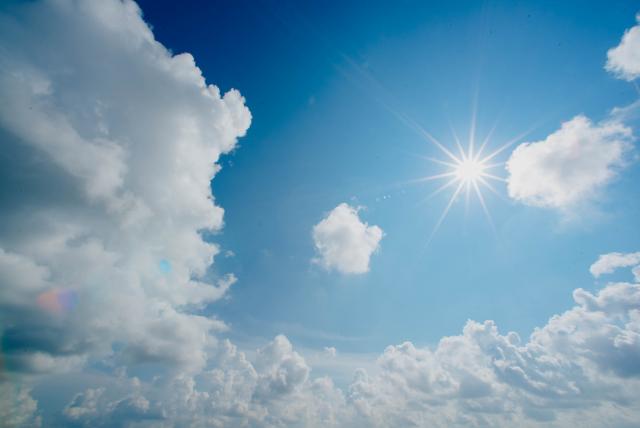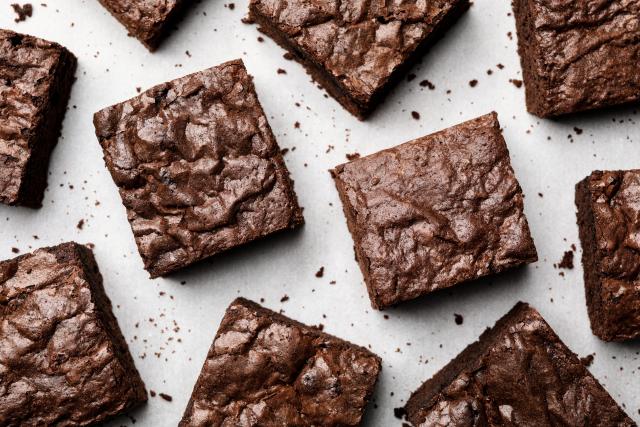SunSmart Victoria is warning residents in Sunbury and Macedon Ranges, that between November and February, Victorians are 11.5 times more likely to require emergency assistance because of sunburn compared to the rest of the year.
New data from Victorian Emergency Minimum Dataset (VEMD) found that last year 274 Victorians ended up in the emergency department with severe sunburn.
Since records started in July 2004, more than 5000 people have presented to Victorian emergency departments with a diagnosis of sunburn.
Head of SunSmart Emma Glassenbury said sunburn and damage from ultraviolet (UV) radiation is preventable.
This alarming number represents an unnecessary risk increasing people’s likelihood of developing skin cancer, and an unnecessary burden on the state’s health system, she said.
“Between November and February, the UV index in Victoria will consistently reach high and extreme levels,” Ms Glassenbury said.
“In some parts of our beautiful state, UV levels are strong enough to cause sunburn in as little as 11 minutes without sun protection.
“This is our peak period for sunburn, which is an immediate result of UV damage causing pain and trauma to the skin that can increase your risk of developing skin cancer later in life.”
Daily routines can change over summer as people typically spend more time outdoors.
With warmer, drier conditions forecast this year, SunSmart is encouraging Victorians to cover up when the UV is three or more to avoid a trip to the emergency department.
“We need to remember that sunburn and UV damage is preventable,” Ms Glassenbury said.
“Every time you head outdoors, you need to check the UV level and if it is three or above, cover up using all five forms of sun protection.”
The latest data also revealed of the 5053 presentations to emergency departments for principal diagnosis of sunburn from July 2004 to June 2023, half were aged between 10-24 years.
In the age group zero-14 years, a higher proportion of boys than girls presented to emergency departments with sunburn.
Whilst among teenagers and young adults aged 15-24 years, a higher proportion of females than males presented to emergency departments with sunburn.
Alfred Hospital director of Victorian melanoma service associate professor Victoria Mar said it’s worrying that we continue to see high numbers of teenagers and young adults present to emergency departments to treat a condition that is avoidable.
“The latest data shows too many young Victorians continue to risk their skin when enjoying the outdoors over summer,” Ms Mar said.
“Severe sunburn requires urgent medical attention to treat symptoms such as extensive blistering and pain, headache, nausea and vomiting, fever, or dizziness.
“While we can treat the immediate symptoms, we cannot undo the UV damage that’s been done. UV damage during childhood and adolescence significantly increases the risk of skin cancer.
“The good news is that skin cancer is one of the most preventable cancers and you can protect yourself and your family by using sun protection.
“We want all Victorians to enjoy a sunburn-free summer and to see a noticeable decline in the numbers of youth presenting to emergency departments for severe, and preventable, sunburn.”
Even on cool and cloudy summer days, UV can cause damage and sunburn.
To avoid getting caught out, SunSmart encourages Victorians to download the free SunSmart global UV app for real-time, location-specific UV and sun protection advice.
Details: www.sunsmart.com.au







